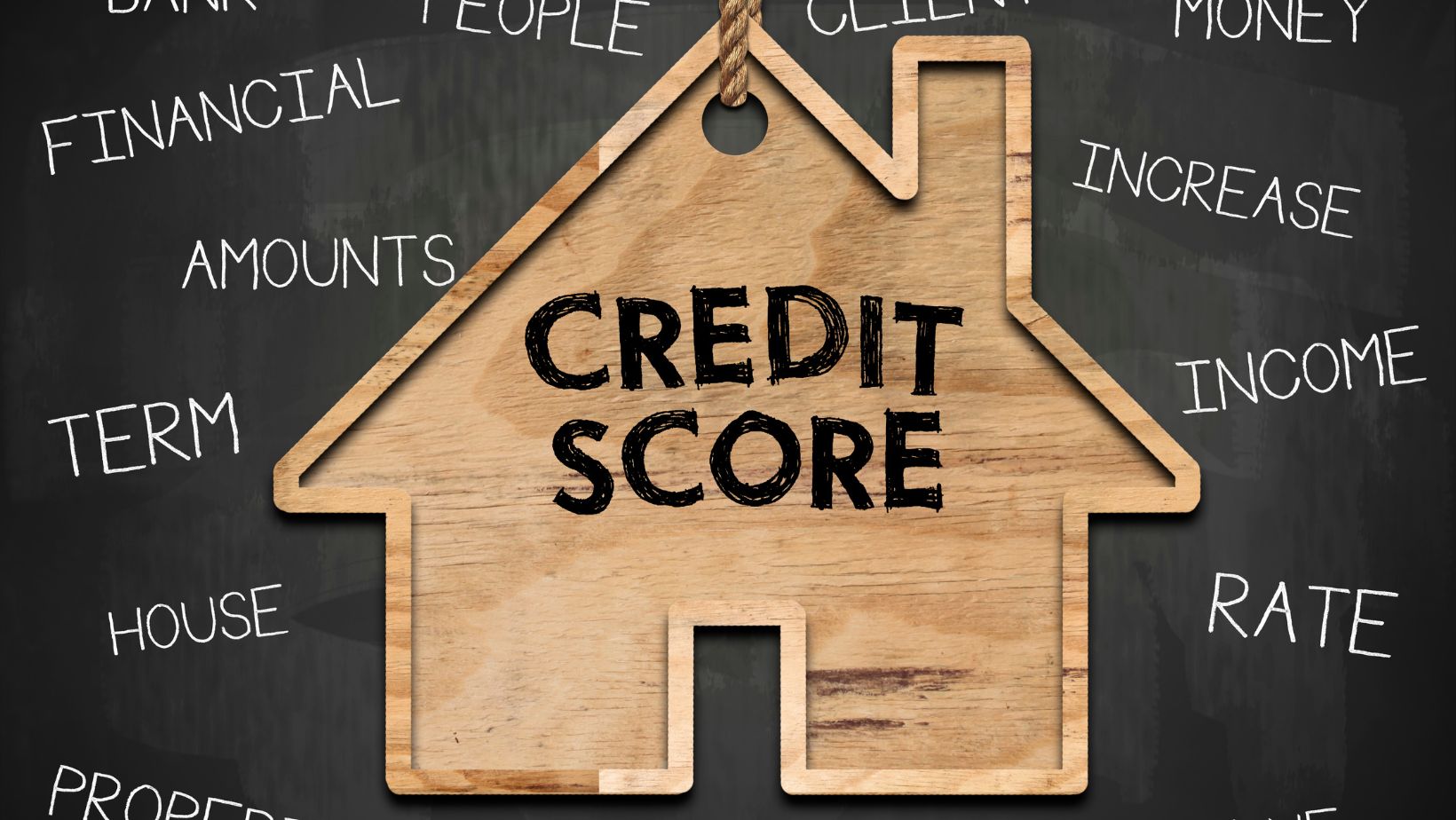The idea of improving your credit score in six months can be overwhelming and complex; it is very achievable once one has a definitive plan of action and discipline. Your credit score basically defines your financial health by giving an outline on the possibility of getting loans, credit cards, or even an apartment for rent. All the following are step-by-step processes involved in improving one’s credit score within a period as short as six months by focusing on timely payments, debt reduction, and usage of credit smartly.
Pay Your Bills in Time
On-time bill payments are the most determining variables in your credit score. Payment history accounts for 35% of the total FICO score, and late or missed payments are bound to hurt it. Make sure you pay off all manner of bills, including but not limited to credit cards, loans, utilities, and even rent, on time.
Set up automatic payments or calendar reminders for due dates to make sure you never miss a bill. If you can’t start struggling with cash flow at least make the minimum payments to keep your accounts in good standing. The longer the term will go and the more on-time payments you make, the more it will be reflected in an improved credit report and increased score.
Reduce Credit Card Balances
Another main determinant of your credit score is your utilization ratio-the percentage of credit you’re using relative to the limits on that credit. For a great credit score, the best utilization ratio is less than 30% of the available credit. Obviously, the lowering of your credit-card balances would lower this ratio and thereby raise your credit score.
Pay down high balances, focusing on the card with the highest interest rate of all to save on overall interest costs. Alternatively, use what is called the “snowball method,” in which you pay the card with the lowest balance first since that builds momentum and motivation. After the credit cards have been paid down, avoid charging them up again. This would keep credit card balances relatively low month over month and improve your credit score over time steadily.
Work with a specialists
If improving your credit score is part of a bigger strategy to purchase a house, then you need to consider working with a mortgage broker. Mortgage brokers will assess your current credit status and advice specifically what you will have to do to get a home loan at better rates of interest. They often know the requirements of certain lenders and can further help you in streamlining the process of getting a mortgage now that your credit score has increased.
Don’t Open New Credit Accounts
Having an open new credit card might be very enticing, increasing your available credit, but making too many credit inquiries or opening several credit cards or loans in a really short period actually damages your score. For every single credit request, a hard inquiry is pulled on one’s credit report, and it is this multiple pulling within short periods that lowers the score.

Monitor Your Credit Report
You will catch all mistakes and errors that affect your score by regularly reviewing your credit report. Wrong information like wrong account details or incorrect late payments can have quite severe negative impacts on your credit score. You will be able to give a boost to your score in barely no time by monitoring your report and disputing any error that pops up.
You can request a free copy of your credit report once every 12 months from each of the three major credit bureaus, Experian, Equifax, and TransUnion, through its website AnnualCreditReport.com. Go line by line through your report and contest items that are incorrect with the respective credit bureau. Since, in most cases, the resolution of errors means an increase in credit score almost immediately, this is one step you would not want to miss.
Avoid Closing Old Accounts
Another influential factor that sets the base for your score is the length of your credit history. Closing older credit card accounts reduces your average account age and, therefore, can hurt your score. If you are not using an older card, then often it may be a good idea to keep it open towards improving the average age of your accounts and boosting your credit utilization ratio.
Keep that old credit card open, even when there is no annual fee. Yes, every now and then charge a few small things and pay the balance off completely to avoid the interest charges.
Apply for a Credit Builder Loan
Credit-builder loans may be what you need in cases of restricted credit history or rebuilding credit. Credit-builder loans are designed for individuals looking to increase their credit score. Under the credit builder loan, you will be expected to make monthly payments, and once you repay the loan, the lender reports your payment history to the credit bureaus.

You can approach the credit builder loan from your local bank or credit union. Remember, choose that loan for which you can afford the monthly payment easily. Make a timely payment every month to maximize the benefit from this to your credit score.
Final Thoughts
Paying your bills on time, lowering the balances of credit cards, and not taking any new credit may help raise your credit score in as little as six months. You will also want to monitor your credit report for errors and correct those so your hard work is reflected in your credit score. Huge improvements in your credit score can be made in as little as half a year, provided you are disciplined and have a plan to help direct you through the process.




